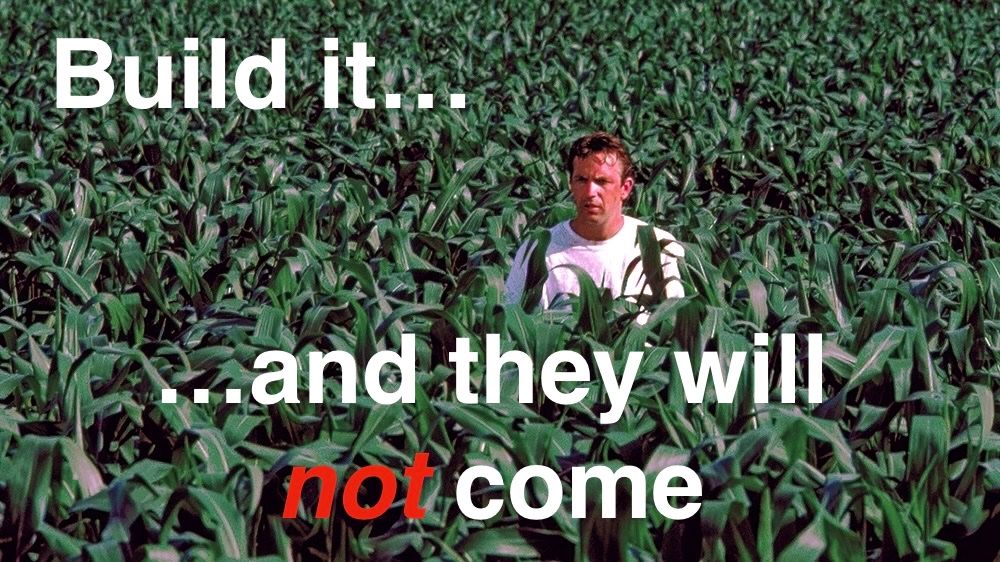
Are readers really seeking "good news"? Or are they actually after something else?
The novel coronavirus traffic bump is declining. Should we seek positive news, instead? Or is there another option?
Today in “I told you so”:

Yes, the huge coronabump in traffic seems to be on the decline. March's record traffic figures to Covid-19 related stories have not continued into April for many publications.
By the end of March this attention had ebbed, continuing its downward slope in the first week of April, before falling to pretty much normal levels this week. It seems we may have developed coronavirus news fatigue. But why has this happened? Could people really be losing interest in such a cataclysmic event? And what does this drop-off mean for government strategy?
There's some interesting insight from Richard Bentall, a professor of clinical psychology at the University of Sheffield, in the WIRED piece:
People, explains Bentall, tend to be classified into “monitors” and ”blunters.” The former tend to search for more information when anxious; the latter tend to block it out. “This is speculation, but what we might be seeing is the population sorting itself out into these two different groups,” he says.
Well, perhaps. But perhaps it might be more useful to think that we are all a mix of the two characteristics. Journalists, on the whole, tend to bias very much towards the "monitors" end of the spectrum - and they can have problems empathising with those who don't - a tenency everyone who works in audience development will be familair with. That's why every article had to have a coronavirus intro a few weeks ago - and why, I might suggest, they are prone to misinterpreting this shift in attention.
Distraction > Good News
In a predictably good piece, Mathew Ingram, looks at the sudden trend towards Good News as an antidote to wall-to-wall Covid-19 coverage:
But a focus on only good news could easily turn into escapism, if it involves deliberately avoiding the truth in favor of something that feels better, because it implies that the world is just fine the way it is, and therefore nothing needs to change.

I do wonder if Mathew is over-thinking it, though. I think the shift towards "good news" is a mistake, but only because what people are actually after is distraction, not relentless positivity, which is just as wearing as relentless negativity. It's very typical of journalism to bounce from one extreme to another: "relentless horror" to "cheery upbeat". There's a whole bunch of interesting middle-ground between them that's not coronavirus-flavoured. And, again, it's symptomatic of a struggle within journalists to understand people who aren't news-obsesssed.
I may be atypical of many journalists in this. I recognised that I had a hard limit on how much Covid-19 coverage I could take early on, and made an active effort to seek out other things I could read. I even (re)launched a Covid-19-free newsletter to help myself do that. But it's not a newsletter about "good news" - it's a newsletter about other things. And it's nice to see The Telegraph following my lead… 😉

And journalists are far from alone in this. Marketeers appear to be having similar issues:
The fundemental question many editors should be asking is: “how can we usefully and profitably distract our readers with intreresting and useful journalism?” not “what good news should we publish?”.
That might prove more productive than all piling into the Good News trend.
The Long Read
A good piece by Jeff Jarvis exploring the challenge of doing science (and science-adjacent, which pretty much all coronavirus coverage is) journalism when the science of Covid-19 is being explored publicly by scientists.
The role of journalists must change in an era where the experts can publish for themselves, and there's some interesting questions raised here about what that role should be - and how we establish expertise in those we choose to amplify.

Sign up for e-mail updates
Join the newsletter to receive the latest posts in your inbox.












